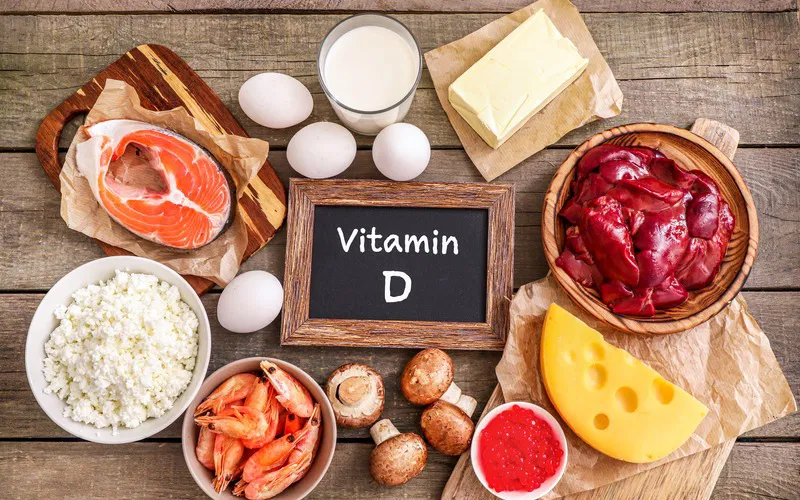With age come certain health difficulties most seniors experience, including leg weakness and cramps.
Sometimes, even the slightest movements feel like more than the body can handle.
These common issues, however, are not solely related to age as many believe. The truth is that it has to do a lot with what is missing in a person’s diet.
The good news is that adding specific nutrients to your diet can make a big difference, helping to combat weakness and keep your legs cramp-free.
1. Vitamin D – The Strength Stabilizer

According to NHS, Vitamin D helps regulate the amount of calcium and phosphate in the body, two essential nutrients for healthy bones, teeth and muscles.
Studies suggest that almost 60% of older adults lack sufficient levels of Vitamin D. Taking a daily dose of 800 to 2000 IU of vitamin D3 supplements can reduce the risks of fall by 25%.
Except for supplements, you can increase the intake of Vitamin D through sun exposure and consuming fish like salmon.
2. Magnesium – Nature’s Muscle Soother
One possible reason for leg cramps may be magnesium deficiency. This mineral helps relax your muscles and reduce cramp triggers at the cellular level.
To restore muscle balance, aim for 320 to 420mg of magnesium daily.
Great sources of this mineral include spinach, pumpkin seeds, avocado, edamame, tofu, and chia seeds.
3. Vitamin B12 – The Nerve Connector
Vitamin B12, also known as cobalamin, along with vitamins B1 and B6, is essential for nerve health. They help in the healing of nerve damage and relieve nerve damage symptoms like pamamanhid (numbness) and tusok-tusok (tingling).
4. Collagen – The Structural Support
Collagen is a protein mainly of amino acids such as glycine, proline, and hydroxyproline. It is found in connective tissue, skin, tendons, bones, and cartilage. However, over time, collagen production drops, reducing cushioning in joints and weakening connective tissues.
This is why it’s essential to increase your collagen intake by taking hydrolyzed collagen peptides with vitamin C to improve absorption, drinking bone broth, or eating collagen-rich foods like chicken skin and oily fish.
5. Omega-3 Fatty Acids – Inflammation’s Opponent
A study published in Circulation Research found that fish oil supplements with a specific omega-3 formula can lower inflammation by increasing molecules that control certain blood functions.
Good sources of omega-3 fatty acids include sardines, wild-caught salmon, algae-based oils, and fish oil supplements enriched with vitamin E.
6. Zinc – The Muscle Builder
Healthline states that zinc “plays a key role in skin health, immune function, and cell growth and may protect against acne, inflammation, and other conditions.”
It also acts as an antioxidant, protect cells from damage, and provides a normal functioning of your immune system.
Adults should include 15 to 30mg daily in diet diet. Foods rich in zinc are oysters, grass-fed meats, and pumpkin seeds among the rest.
7. Vitamin K2 – The Calcium Traffic Controller
K2 directs calcium to the bones, preventing it from building up in the blood vessels or the joints.
Таке 100 to 200 mcg of MK-7, a long-lasting form of vitamin K2, or include foods like natto, aged cheeses, and butter from grass-fed cows.
8. Selenium – The Cellular Defender
Selenium helps support glutathione peroxidase, a powerful enzyme that protects cells, and enhances thyroid function.
The full daily requirement of selenium can be provided by consuming two Brazil nuts per day. For better antioxidant benefits, pair it with Vitamin E.
Please SHARE this article with your family and friends on Facebook.
Bored Daddy
Love and Peace



